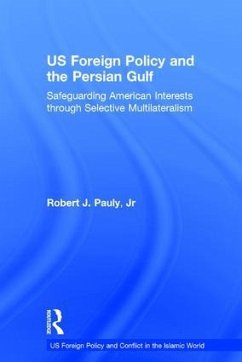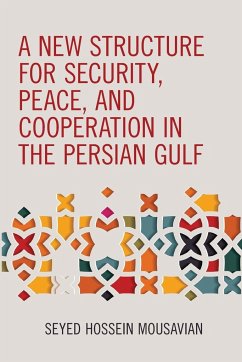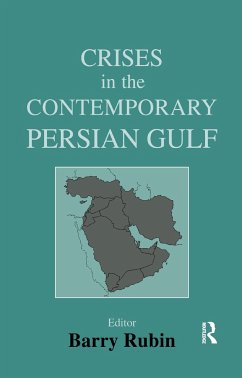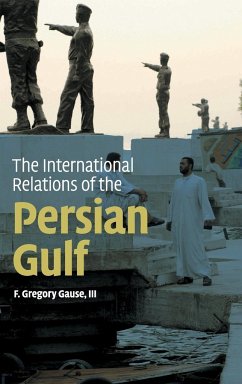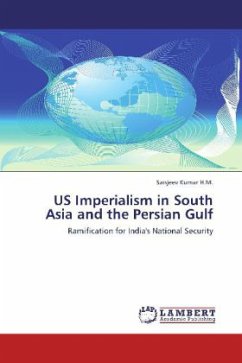
US Imperialism in South Asia and the Persian Gulf
Ramification for India's National Security
Versandkostenfrei!
Versandfertig in 6-10 Tagen
39,99 €
inkl. MwSt.

PAYBACK Punkte
20 °P sammeln!
This study discusses how the US has managed to sustain its dominance in spite of a constantly transforming global scenario, now characterized by powerful supra national actors as the European Union and rising powers like China. It is an attempt to understand United States security and foreign policy embedded in the doctrine of bilateralism, largely situated in the regional security complex and mainly directed towards achieving its larger global objectives. This work considers two classic examples: US engagement in the Persian Gulf region through its strategy of Dual Containment toward Iran and...
This study discusses how the US has managed to sustain its dominance in spite of a constantly transforming global scenario, now characterized by powerful supra national actors as the European Union and rising powers like China. It is an attempt to understand United States security and foreign policy embedded in the doctrine of bilateralism, largely situated in the regional security complex and mainly directed towards achieving its larger global objectives. This work considers two classic examples: US engagement in the Persian Gulf region through its strategy of Dual Containment toward Iran and Iraq; and its policy of maintaining a strategic balance in South Asia through greater security interaction with Pakistan which is coupled with the attempts at shaping a defence framework cooperation arrangement with India. In both cases, the US has intervened in the unstable security complex of two regions, both of which are infested with considerable degree of intra-regional bilateral security predicaments. The US has sought to manipulate this precarious situation by enhancing the vulnerabilities of the regions to outside intervention by supporting both against each other.





